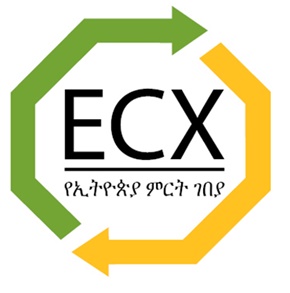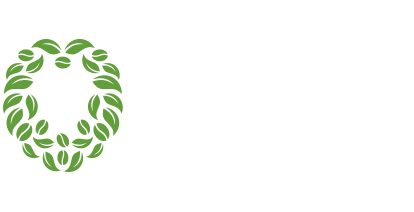Ethiopian Commodity Exchange
The Ethiopian Commodity Exchange (ECX), was formed in April of 2008 under Proclamation 2007-550. Its main objective is “to ensure the development of an efficient modern trading system that protects the rights and benefits of all parties involved” – that is, sellers, buyers, intermediaries and the general public.
The ECX provides a modern-day marketplace for Ethiopian commodity trading. Just like any commodity exchange you may find in North America or Europe, the ECX is comprised of a central trading system with warehouse delivery centers, product certification specialists, partnerships with commercial banks who perform the trade settling & clearing duties, an arbitration tribunal and many more. The ECX has benefited hundreds of thousands of individual Ethiopian farmers, who would never have the ability to garner a fair market price for their crop, by actually getting paid what they deserve – and this is what has made the exchange so successful since its inception.
Essentially, all commodities that are cultivated in Ethiopia are traded at the ECX. These commodities include sesame seeds, haricot beans, maize, wheat, and of course Ethiopian coffee. Trading occurs through spot contracts – a spot contract is where a buyer and seller agree to settle on a price immediately i.e. On the “spot”. Similar to the Chicago Mercantile Exchange, the ECX operates as an open outcry pit where members (buyers and sellers) communicate through the use of hand signals and vocalization.
Being the first of its kind in Ethiopia, there were several kinks which were immediately identified with the exchange; most notably, the issue with the traceability of the coffee. During the period from 2008 – 2018, the ECX would forego the traceability and only group coffees based on the regions which they were grown. They were then further categorized into grades based on the quality and cupping score of the specific lots; hence, the names used to market Ethiopian coffees (i.e. Yirgacheffe, Harrar, Djimmah, etc.) and the grades associated (grades 1 – 5).
Now, after a new proclamation (Ethiopian law) passed in 2018, coffee sold on the ECX is fully traceable and can even be sold directly to an exporter outside of the ECX so long as washing station owner can present an export permit within 3 days from the date their parchment arrives at one of the ECX’s regional warehouses. If the coffee remains unsold after three days, it will be sold on the existing ECX platform, but with traceability intact.

